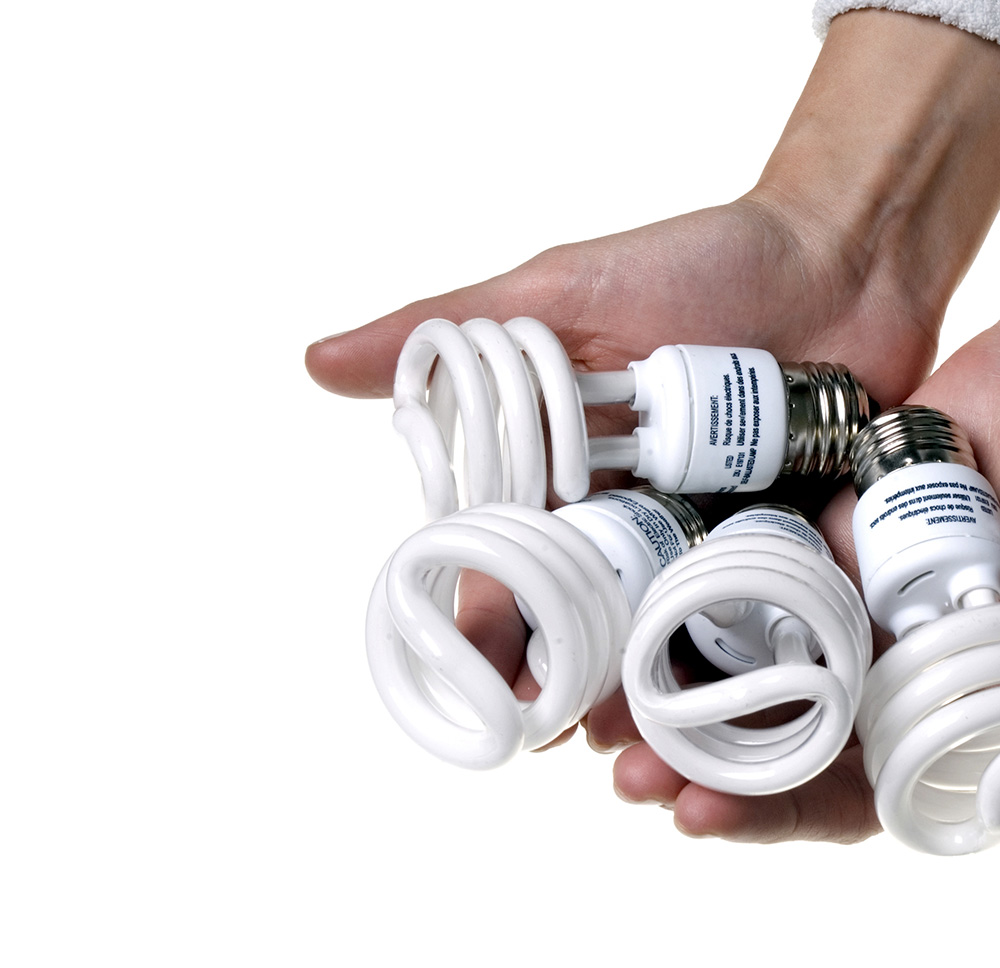Energy Efficiency
Energy Efficiency First
-
Secretariat’s actions
Secretariat’s actions
-
Supporting
- Secretariat supports Contracting Parties in transposing and implementing the provisions of the Energy Efficiency Directive.
- Secretariat reviews drafted national legislation and provides feedback.
- Secretariat facilitates the work of the Energy Efficiency Coordination Group.
- Secretariat promotes the Energy Efficiency First Principle.
-
Monitoring
- The Secretariat tracks implementation progress and compliance.
- The Secretariat monitors Directive’s implementation and achievement of the energy efficiency targets.
- The Energy Community Secretariat monitors and reports annually on the following elements of the Energy Efficiency Directive as part of implementation assessments:
- trends in primary and final energy consumption (PEC and FEC),
- progress toward national energy efficiency targets, implementation of key provisions—such as
- energy efficiency obligation schemes,
- the exemplary role of the public sector,
- energy audits, and efficiency in heating and cooling
- the availability and use of financing for energy efficiency measures.
-
Supporting
-
Timeline and tasks
Timeline
 Nov 2021
Nov 2021Adoption of Directive (EU) 2018/2002 amending the Energy Efficiency Directive 2012/27/EU, to align with integrated energy and climate policies and extend certain policies to 2030
 Dec 2022
Dec 2022Deadline for transposition of Directive into national law.
 Dec 2023
Dec 2023Adoption of the 2030 energy efficiency targets and their incorporation as Annex XIV in the Energy Efficiency Directive.
 Dec 2024
Dec 2024Adoption of Ministerial Council Recommendations 2024/01/MC implementation of energy efficiency first principle.
Tasks
- The competent authorities from Contracting Parties transpose the Directive into national law.
- Secretariat assists Contracting Parties in transposing the directive into national legislation.
- The Energy Community Energy Efficiency Coordination Group (EECG) facilitates effective implementation, supporting exchanging best practices, information, and harmonizing approaches across Contracting Parties.
-
Legal basis and purpose
Legal basis and purpose
-
Legal basis
The Energy Community Ministerial Council adopted Directive 2012/27/EU on energy efficiency in 2015, and its amending Directive (EU) 2018/2002 in 2022. These framework directives establish energy efficiency as a core element of Energy Community policy.
The Directive provides a common framework of measures to promote energy efficiency and ensure the achievement of the 2030 headline targets set out in Annex XIV. It addresses market barriers and systemic inefficiencies that hinder energy savings, while promoting the "energy efficiency first" principle. Each Contracting Party is assigned indicative 2030 targets for reducing both primary and final energy consumption.
-
Key Measures and Obligations
Core provisions include:
-
Annual renovation of at least 3% of centrally owned public buildings.
-
Mandatory reduction of energy use in public buildings and energy-efficient public procurement.
-
National energy efficiency obligation schemes to deliver annual savings of 0.8% in final energy consumption.
-
Energy audits and management systems required for large enterprises.
-
Promotion of energy services and efficient district heating and cooling.
-
Strengthened consumer protection through transparent billing, access to audits, and support for vulnerable groups.
-
-
Energy Efficiency First Principle (EE1st)
Introduced through the Governance Regulation and reinforced by the 2021 amendments to the Directive, the EE1st principle mandates that energy efficiency options be considered in energy planning, policymaking, and investment decisions. The 2023 revision of the Directive further embeds EE1st into practice by requiring systematic assessment of efficiency measures in both energy and non-energy sectors.
A 2024 Ministerial Council Recommendation promotes the application of EE1st within the Energy Community, with the Secretariat supporting Contracting Parties and monitoring implementation.
-
Legal basis
KEY OUTPUT
-
ADOPTION OF 2030 ENERGY EFFICIENCY TARGETS
Contracting Party
2030 Primary Energy Consumption (Mtoe)
2030 Final Energy Consumption (Mtoe)
Albania
2.60
2.40
Bosnia and Herzegovina
6.50
4.34
Georgia
5.45
5.00
Kosovo*
2.70
1.80
Moldova
3.00
2.80
Montenegro
0.92
0.73
North Macedonia
2.30
2.00
Serbia
14.94
9.54
Ukraine
91.47
50.45
Energy Community
129.88
79.06
source: Decision 2022/02/MC-EnC of the Ministerial Council / National energy efficiency contributions in 2030 (ANNEX XIV of the Energy Efficiency Directive) -
KEY JOINT PROJECTS AND INITIATIVES SUPPORTING EED IMPLEMNTATION
Partnership with ODYSSEE-MURE Project
Monitoring of energy efficiency targets, trends and policy measures in Europe and Energy Community.
- Nov 2024: Joint EECG and ODYSSEE-MURE meeting and seminar “OdysseeMure fit-4-55, Monitoring the Energy Efficiency Pillar for Climate Neutrality”
Regional Energy Efficiency Programme (REEP)
Regional Energy Efficiency Programme (REEP) unlocks financing and supports development of strategic and legal frameworks needed to achieve the 2030 energy efficiency targets. The Secretariat plays an active role in REEP’s Policy Dialogue Window, while REEP achievements and activities are regularly presented and coordinated through the EECG.
- Mar 2025: REEP Policy support
European Investment Bank - JASPERS
The EIB Advisory/JASPERS Networking Platform was created to complement project advisory operations by implementing knowledge sharing and capacity building activities, as well as fostering dissemination of good practices and exchange of experiences among all EU member states, pre-accession countries (including Moldova and Ukraine), Eastern neighbourhood countries and other EIB Advisory JASPERS Stakeholders.
- May 2025: EIB Advisory /JASPERS and Energy Community Secretariat Webinar on Decarbonization of District Heating Systems

